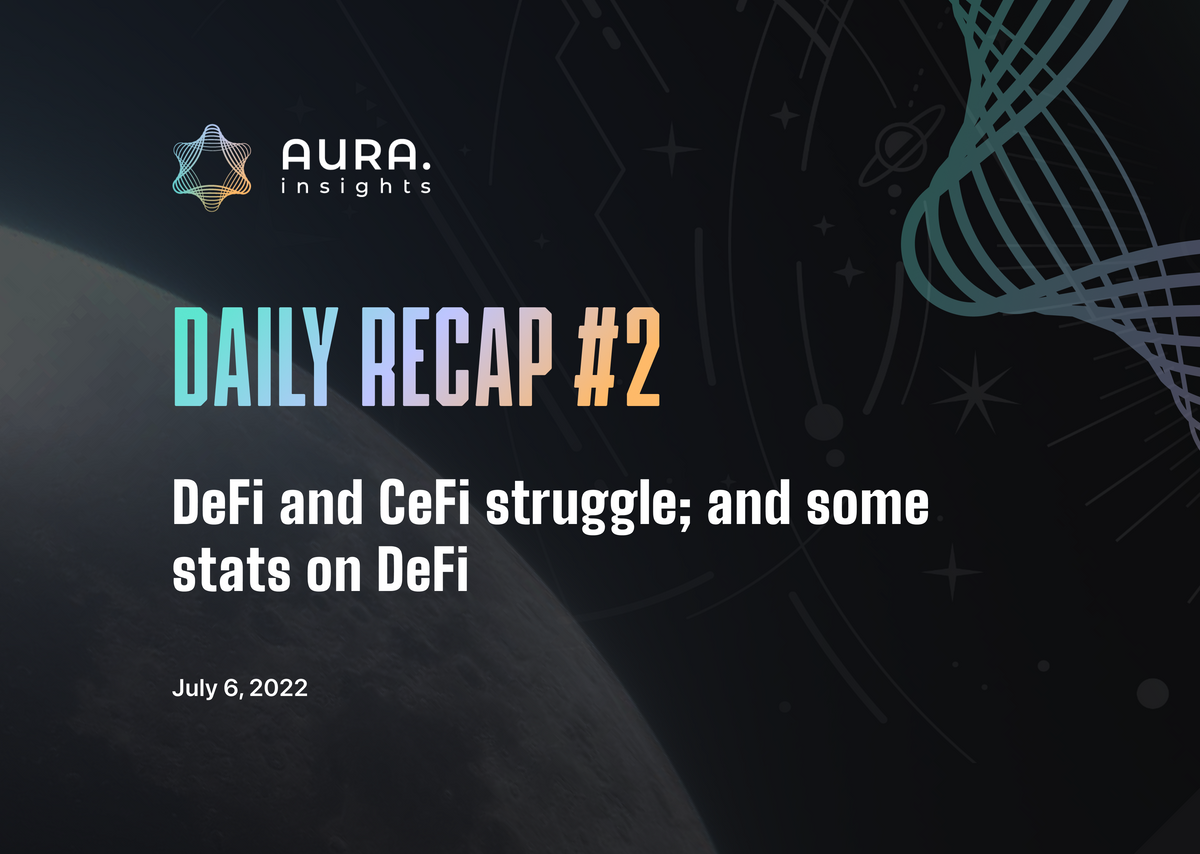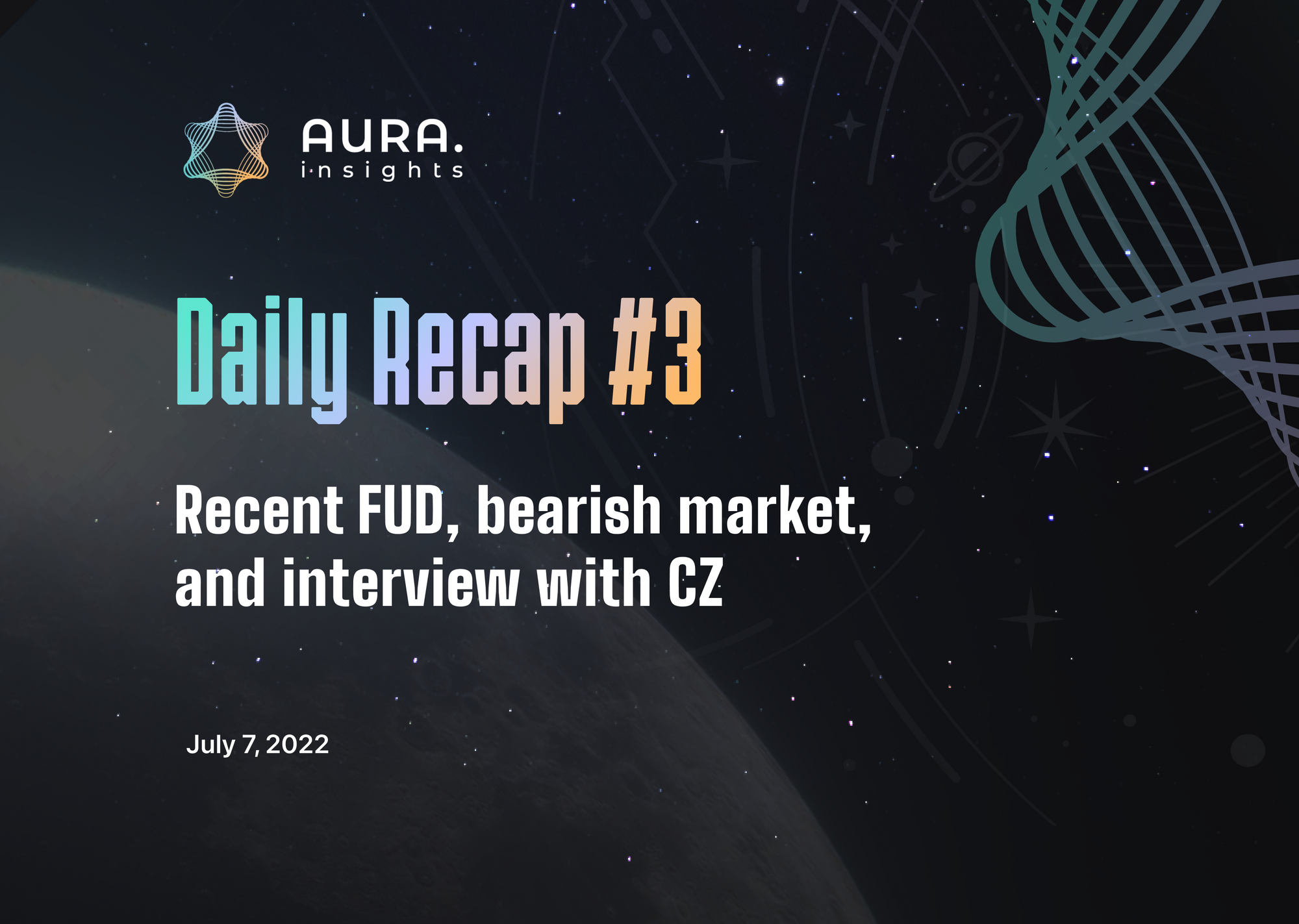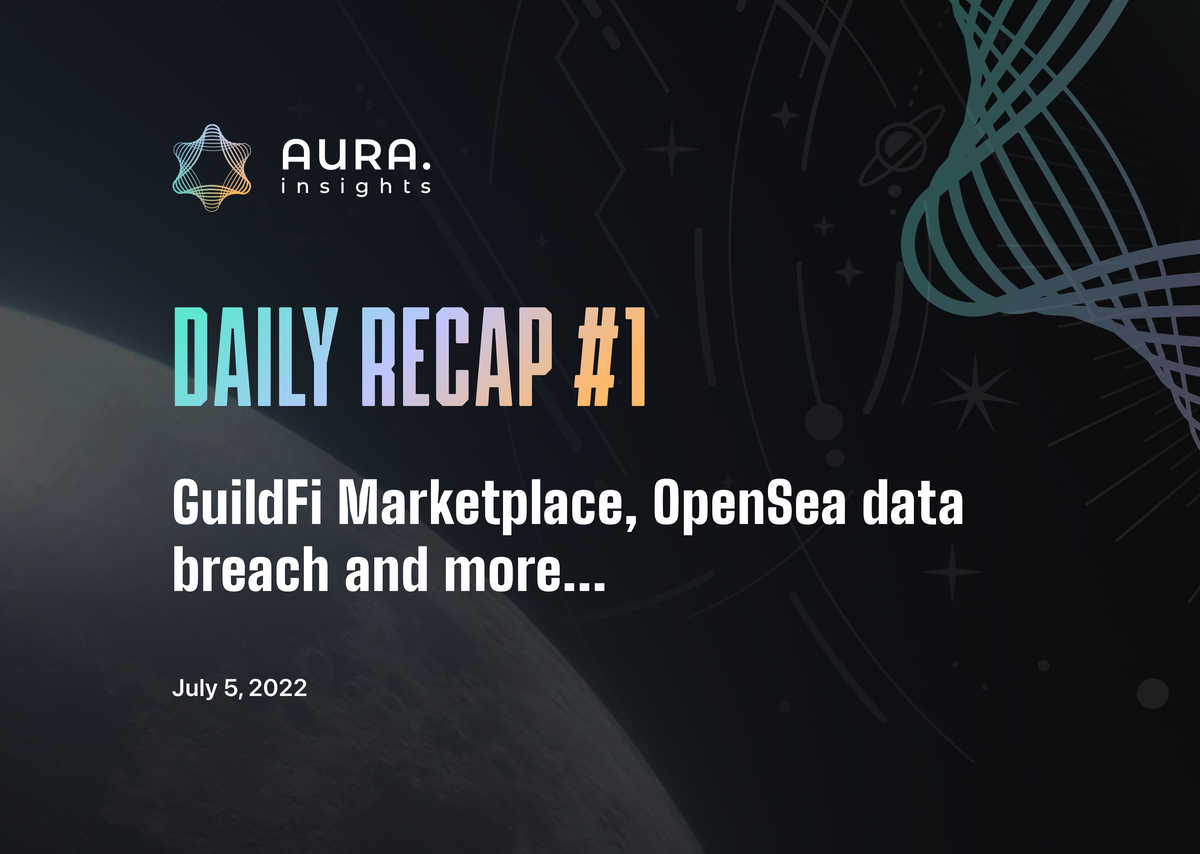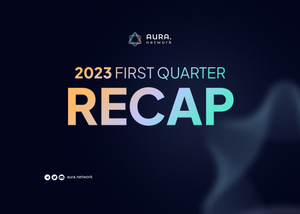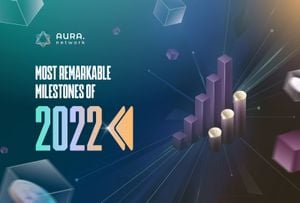1. Crema Finance Hacked for $9M, Team Shares Investigation Details
A Solana-based concentrated liquidity protocol – Crema Finance – temporarily halted its operations to investigate an exploit that drained more than $8.78 million worth of cryptocurrencies. To lessen the impact of the blow, Crema decided to suspend the smart contract after the exploit. It revealed working closely with multiple experienced security firms and relevant organizations to monitor the hacker’s fund movements. The attacker swapped the stolen fund into 69422.9 SOL and 6,497,738 USDCet via Jupiter, following which the USDCet was bridged to the Ethereum network with the help of Wormhole and swapped to 6,064ETH via Uniswap soon after.
CremaFinance is a powerful Concentrated Liquidity Protocol built on Solana that provides superior performance for both traders and liquidity providers. It debuted in late 2021, with the first IDO released in June 2022 distributing 1% of the total supply for CRM. As of June 2020, The cumulative trading volume on Crema has exceeded 1 billion USD making it one of the top10 dapps on Solana by active users.
2. Vauld halts withdrawals and hires legal and financial advisors
Vauld, a Singapore-based crypto trading and lending platform with operations in India, has suspended withdrawals. Vauld is struggling financially due to a combination of factors, including a volatile market and the financial difficulties of business partners. Since June 12, the platform has seen customer withdrawals of nearly $198 million, triggered by the implosion of the TerraUSD stablecoin, Celsius's decision to halt withdrawals and Three Arrows Capital's woes. The firm has also hired legal and financial advisors for potential restructuring options. To that end, the firm has hired Kroll as its financial advisor and Cyril Amarchand Mangaldas and Rajah & Tann Singapore LLP as its legal advisors in India and Singapore, respectively.
Vauld is a Singapore-based crypto platform that enables customers to buy, lend, borrow and trade crypto assets from one unified platform. Vauld was established in 2018 and has over 275 coins listed on its platform. As of March 2020, the total asset under management (AUM) for all providers sits at $57 billion.
3. Notable DeFi stats from the past 7 days:
Total Total Value Locked (TVL) held steady at around $75B for the second week in a row. This puts it on par with where it was in early April 2021
The top 10 protocol-level TVL saw Curve flip Uniswap, and both Uniswap and Curve flip Lido.
The top 10 DEXes by volume over the past 24 hours include 6 on Ethereum and layer 2s, 2 on BSC, 1 on Solana, and 1 on THORChain.
4. Celsius repays $120 million stablecoin debt to Maker protocol
Celsius Network paid off another $120 million towards its Bitcoin loan on Maker in the last 24 hours. After another $120 million repayment, its new liquidation price sits at $4,966, according to data from DeFiExplore.
On-chain data suggests that Celsius’ obligations are complex and it maintains collateralized loans on multiple lending protocols. The firm still owes $82 million to Maker, $100 million to Compound, and $175 million to AAVE.
5. USDC transparency and trust
USDC is a great stablecoin for developers and has the best software infrastructure for its core primitives. USDC has always been backed by the equivalent value of U.S. dollar denominated assets. The USDC reserve is held in cash and short-dated U.S.government obligations, consisting of U.S.Treasuries with maturities of 3 months or less, which are among the safest, most price stable, and most liquid assets in the world. A customer can mint or redeem USDC in 1:1 exchange for U.S Dollars. Any amount. Always. Period.
The USDC reserve has been audited annually since launch by a leading global accounting firm as part of Circle’s annual financial statement audit. The audit verifies the accuracy, completeness and composition of the reserve and tests the internal controls.
Monthly statements of the size and composition of the USDC reserve that has been published since the launch of USDC in 2018, is called an attestation - the accounting firm “attests” to the accuracy of a set of statements. It is different from an audit, but it provides the same standards of assurance over the statements.
6. Three Arrows Paper Trail Leads to Trading Desk Obscured Via Offshore Entities (coindesk.com)
While Three Arrows Capital (3AC) filed for bankruptcy in New York, its much-lesser known trading desk - Tai Ping Shan (TPS) Capital - remained active. There were some changes in the Linkedin profiles of TPS capital, from being the "official over-the-counter (OTC) desk of 3AC" to just a "digital asset solution provider."
TPS Capital is registered in Singapore but domiciled in the British Virgin Island and has a very complex ownership structure. Its ownership is split between a BVI-registered firm Three Lucky Charms Ltd, BVI-registered TPS Research, and Cayman Islands-registered Tai Ping Shan Ltd. All of those three firms have hidden or vague information about their directors. On top of that, different Singaporean sources also indicate that TPS Capital is "where the action was" for 3AC.
Believed to have billions of dollars in management, 3AC Singapore was reported to have only US$2.36M in total assets at the end of the 2020 fiscal year. The US$200M GBTC purchase in 2020 actually was split between 3AC Singapore and 3AC BVI, with US$179M being managed by the Singaporean entity.
Singapore's MAS has reprimanded 3AC for misreporting information about the size of its holding, assessing if there were further breaches. During this time, TPS Capital continues
to use capital to trade, which concerns people about whether regulators will unveil the relationship between those firms.
7. Summary of state of web3 report
Both transaction volume and the number of crypto transfers are rising quickly, especially in the first two quarters of 2021. Even though the volume almost dropped off after that, the number of transfers is within 10% of their all-time high. Here is highlight summary of web3:
- We can tell two featured niches: NFTs and Gaming, compared in total value received, number of transfers and number of services. Besides that, NFTs is the category that paid the fee the most. NFTs were sub 5% of fees paid up until July 2021. Until May 2022, it is about ~20-25%.
- Based on on-chain data, DEXs surpassed CEXs in on-chain volume and transaction count.
- DeFi-related ventures hold some 83% of the capital in DAOs. The average DeFi-linked DAO manages ~$100 million. However, only about 23% of the DAOs covered by @chainalysis were using stablecoins. The bulk of DAO's managed money comes from other smart contracts, lending platforms, or decentralized exchanges.
- NFTs are becoming the new DeFi. In the past quarter, which in the bear market, there have been ~750k NFT buyers and sellers active on-chain.



